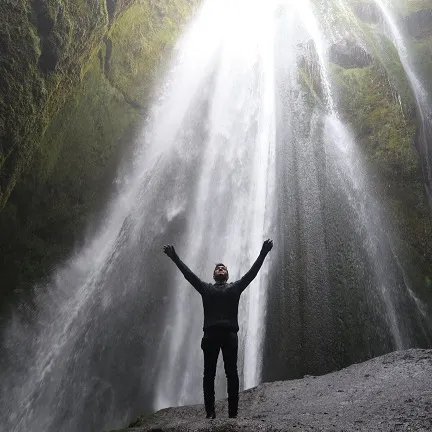Eat like a local with delicious South African dishes, including a renowned selection of grilled meats.
A mixture of African, Dutch, French, and Malay, among others, have influenced South African cuisine through the decades. We’ll do our best to introduce you to as many different dishes as possible.
When staying in hotels, you can expect continental breakfasts to be buffet style. Eggs, bread, fruits, and salads will be common offerings.
When dining in restaurants for dinner, you can expect grilled meats and/or steaks on the menu. Pizzas and pasta are also common, as well as fresh salads and vegetable stir-fries.
Meals in the village homestay:
Trying new things to tickle your taste buds is always a must. Traditional South African meals are served in the village, and even though you do not have to try everything, we encourage everyone to experience the cultural delicacies.
Please note that dietary restrictions like vegetarian and vegan diets will be met as best as possible while in the village homestay, though you should plan on bringing supplemental food/snacks as vegetarian/vegan meals while at the homestay will be very basic.
All meals are included during this cultural experience, and your host family will do their best to cater according to your dietary requirements.
Some of the traditional meals you will come across in the village are:
- Pap: traditional staple food. It is very filling and can keep your tummy full for the rest of the day. It is made of mielie meal and cooked with water until thick. This usually serves as a main dish on the plate.
- Mashonzha: Mopani worms. Mopani worms are a delicacy in the village. It is full of protein and can be enjoyed crunchy or in a stew with tomato relish and onion.
- Mala: Mala is chicken intestines, boiled and deep fried. This may sound strange, but it tastes like onion rings, the perfect side to every meal.
- Chicken feet: as locals call them, runaways or walkie-talkies.
Must-try South African dishes:
- Vetkoek: fried donuts stuffed with minced meat.
- Boerewors: a rich, spicy sausage that originates from both South Africa and Namibia. The name means “farmer sausage.”
- Bobotie: the dish originates back to Roman times. Ancient Roman chefs would blend and season a combination of tender meats and crunchy nuts, then top it with a layer of milk and egg.
- Biltong: If you’re a lover of beef jerky, you’ll definitely love the intense taste of biltong.



.avif)















